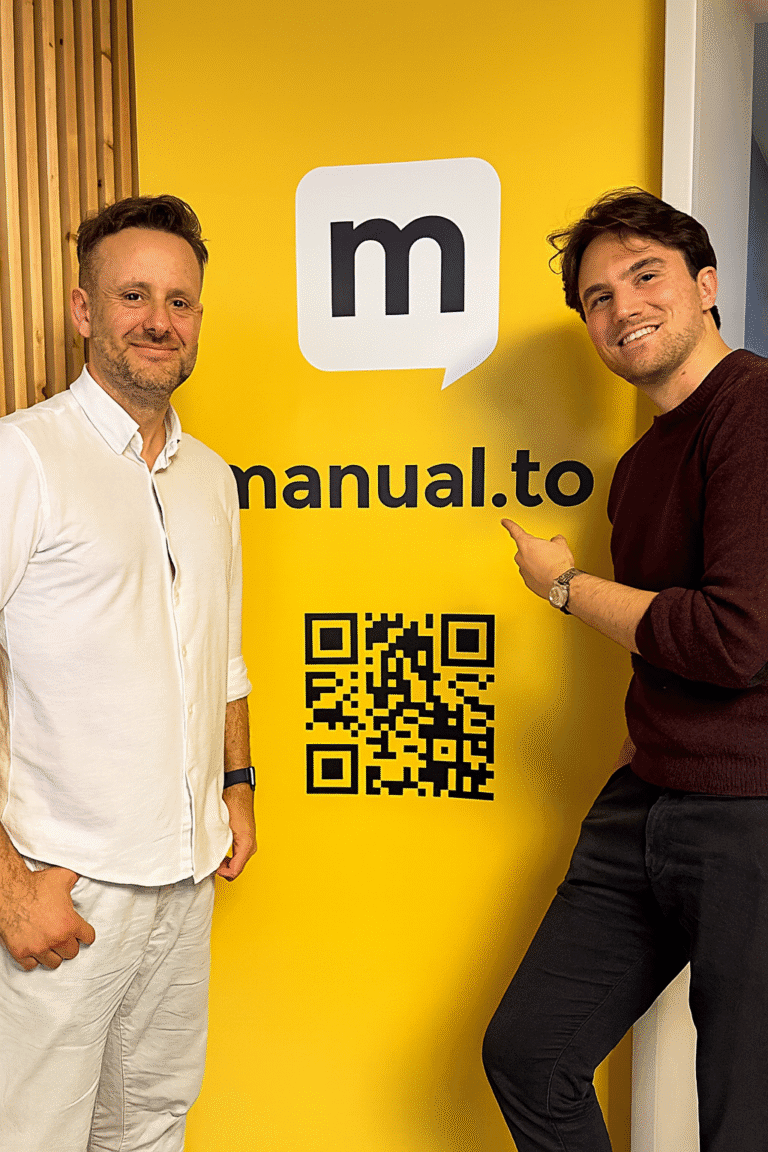Smarter planning of space defines future of Flanders – Whitepaper POM Antwerpen

The logistics sector in Flanders faces a harsh reality: space is becoming increasingly scarce and expensive. Stricter requirements in terms of sustainability and quality of life are also putting additional pressure on the sector. As a result, the traditional model – each company having its own premises – is becoming increasingly untenable. That is why POM Antwerpen and LogiVille brought together various players to explore new avenues. The result is the whitepaper ‘Optimal use of space in a logistics environment’, a series of insights into smarter and shared use of space, with a plea for more flexible regulations.
Space sharing: from exception to necessity
A striking consensus emerged during the roundtable discussion: space efficiency is no longer a choice, but a requirement. Individual plots are already making way for shared infrastructure, but these initiatives are still small-scale for the time being. Examples include shared parking towers, charging infrastructure, time-limited use of machines or temporary rental of vacant premises to start-ups. However, sharing is not easy: legal, operational and confidentiality issues require clear agreements. Local authorities can play a key role here, as many projects get bogged down in permits, planning restrictions or a lack of coordination. The participants therefore call for experiments with new forms of spatial planning to be made possible, with public actors acting as matchmakers.
“Current legislation does not allow high-rise construction, which sometimes causes companies to relocate to the Netherlands or northern France.”
High-rise buildings: promising but complex
Where land is scarce, high-rise buildings and multi-storey buildings seem to be the logical next step, especially in urban regions and areas with a lot of logistics activity. However, it is important to nuance this: high-rise buildings are not always the solution, but they are often an interesting option. They are obvious for frozen storage and fine-mesh distribution, but in other cases there are alternatives. The reality is also complex: high start-up costs, reusability and regulations are obstacles. Moreover, current legislation does not allow high-rise construction, which sometimes causes companies to relocate to the Netherlands or northern France. The participants therefore call for more standardisation in logistics construction and more flexibility in spatial planning.
Technology: catalyst for smarter use of space
Smarter use of space also requires smart technology. Automation makes it possible to work more compactly, quickly and safely, especially in high-rise buildings. Mobile robots, sensors and data platforms also make this possible. Nevertheless, the participants warn that technology should not be an end in itself. Flexibility, scalability and adaptability are crucial: systems must be able to evolve with the changing needs of the sector.
Policy: from restrictive to stimulating
According to participants, regulations often appear to inhibit innovation. Projects too often encounter rigid rules, slow procedures or a lack of consistency, while inefficient use of space continues to be permitted. The call is therefore clear: introduce low-regulation zones, slacken temporary permits and reward projects that use space sustainably. A policy that stimulates rather than penalises yields the best results.
Cultural and mindset change: the key to success
In addition to technology and regulations, a shift in mindset also plays a crucial role. Ownership, autonomy and risk aversion hinder innovative initiatives. Nevertheless, there is a growing awareness that cooperation and mixed use pay off. Logistics sites that take on social functions – from sports fields to green meeting places – are one possibility. POM Antwerp therefore wants to integrate such initiatives more strongly into its sites, so that logistics environments evolve into places where work, well-being and the environment coexist harmoniously.
The takeaways from the white paper at a glance
- Sharing space pays off: with clear agreements and neutral data management, shared use of space becomes feasible.
- High-rise buildings offer opportunities, especially in combination with automation and flexibility.
- Technology is crucial: without digitisation, it is impossible to make optimal use of space, energy and infrastructure.
- Flexible rules are needed: experiment with exemption regimes and reward circular, shared or modular construction.
- Government as director: local and regional authorities have a central role to play as facilitators, partners and accelerators.
The participants in the roundtable discussion
The roundtable was attended by a diverse group of logistics service providers, retailers, designers, property developers, technology suppliers and policymakers.
- Andreas Vermost, Head of Development BE & LU, WDP
- Miranda Coppens, Managing Director, POM Antwerpen
- Eric Frijters, Founding Partner/Director, FABRICations
- Liesbeth Geysels, Managing Director, VIL
- Ines Keulemans, Associate Real Estate, Deloitte
- Pieter Lesage, Partner, Superellipse
- Paul Van Nuffel, Manager, LogiVille (moderator)
- Brecht Van Hooste, Project Manager Colruyt Group
- Ansfrid Vanlerberghe, Transport Manager DHL Express Belgium
- Isabelle Verdonck, Project Manager POM Antwerpen
- Thomas Vercammen, Logistic Automation & Innovation Manager Toyota Material Handling
Discover all insights and recommendations in the full whitepaper. It can be downloaded free of charge via this link.
POM Antwerpen
Would you like to learn more about this Steering Partner? Click on this link for more information about POM Antwerpen.



